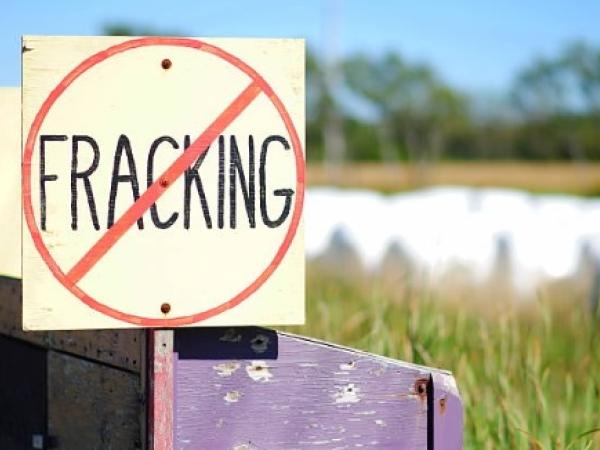Just as Susana Muhamad had promised when she was appointed Minister of the Environment, and today’s Minister of Mines and Energy, Irene Vélez, yesterday a draft law in Congress that seeks to ban fracking.
(Read: The no to fracking: the pros, cons and what is at stake).
It is a document signed by 65 congressmen, including Angélica Lozano, Gustavo Bolívar, David Racero, Katherine Miranda, among others. In its 9 articles, this project seeks that it is not possible to develop hydraulic fracturing for oil and gas exploitation.
“Prohibit the exploration and production of hydrocarbons from unconventional reservoirs of the source rock type (shale gas and oil), bituminous sands, methane gas associated with coal mantles and methane hydrates”, reads the fourth article.
Among the arguments put forward are “the protection of the environment and the health of current and future generations; the prevention of socio-environmental conflicts associated with these activities and contributes to the effective fulfillment of the goals of the Paris Agreement”.
According to the Ministry of the Environment, this project was presented after “collective work” that tended to care for life.
Julio César Vera, president of Xua Energy, andHe explained that it is “a bit unfortunate not to be able to evaluate the development of a potential development that can be done”. He assured that the best thing for the country would be that in the coming years all the information and data can be obtained to make the best decision regarding the development or not of this technique. “Science should be left to speak and not administrative decisions made,” he noted.
Now, this document is given within the framework of the progress of two pilot projects that emerged as a recommendation of the committee of experts cited by the National Government in 2020. One of them, Kalé, has already received the environmental license from Anla, with which it could be executed.
Similarly, after the Council of State left in place the rules for the development of this type of practice in the country, there are several companies that could argue have acquired rights.
It should be remembered that in past years the country had signed exploration agreements with three companies: Parex, Drummond and ConocoPhillips. There are 7 projects that were suspended by the Council of State, but that came to light with the most recent decision of the body. Regarding these, the article states that “as of the issuance of this law, contracts, concessions, licenses or environmental permits for the exploration, exploitation and production of Non-Conventional Deposits may not be signed, added to or granted.”
(Also: They file a project to prohibit ‘fracking’ signed by 65 congressmen).
Likewise, paragraph 2 explains that this It will also apply to those Special Contracts for Research Projects (Cepi) signed based on Decree 328 of 2020. That is, the two investigation pilots, which the ANH granted on that date.
Vera considered that in the case of Platero, in which ExxonMobil has a stake, in case of obtaining the license and not being allowed to carry out the investigation process, it could mean litigation against the Colombian State. This would not be the case in Kalé, since the participation is entirely Ecopetrol’s. Juan Carlos Rodríguez Esparza, director of the U. de América Department of Energy, points out that “the incoming government has been clear in relation to maintaining the contracts in force, therefore, I believe that in that direction the continuity of the pilot research projects is feasible. Integral”.
In order for this Project to be approved, a series of debates take place that, according to Vera, could take about a year.
BRIEFCASE








